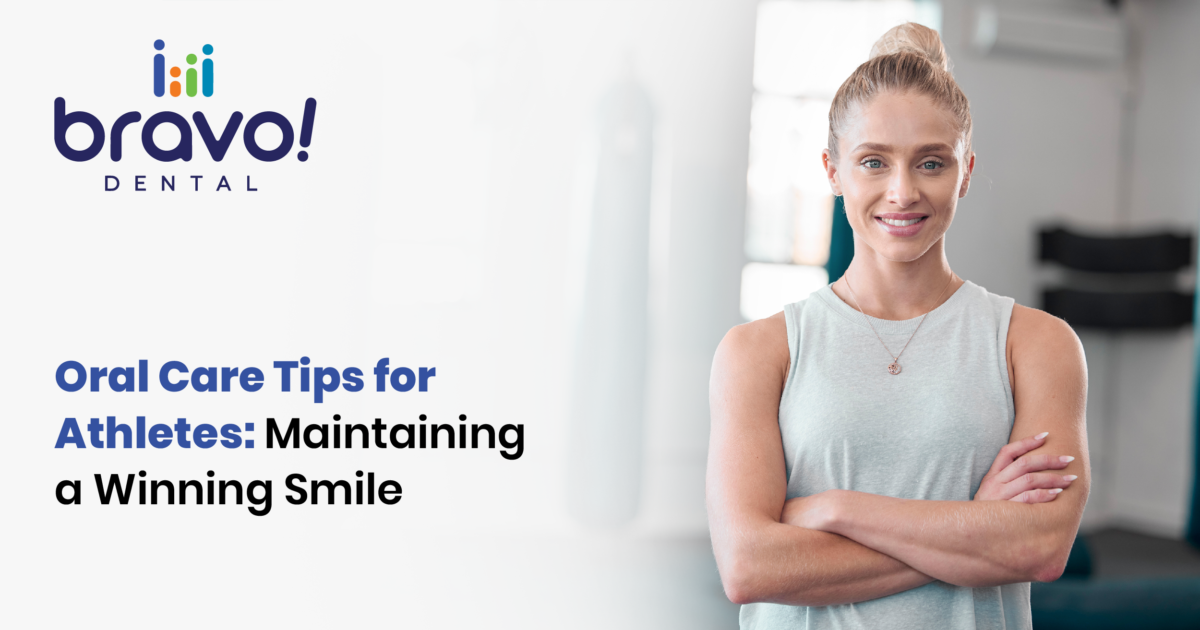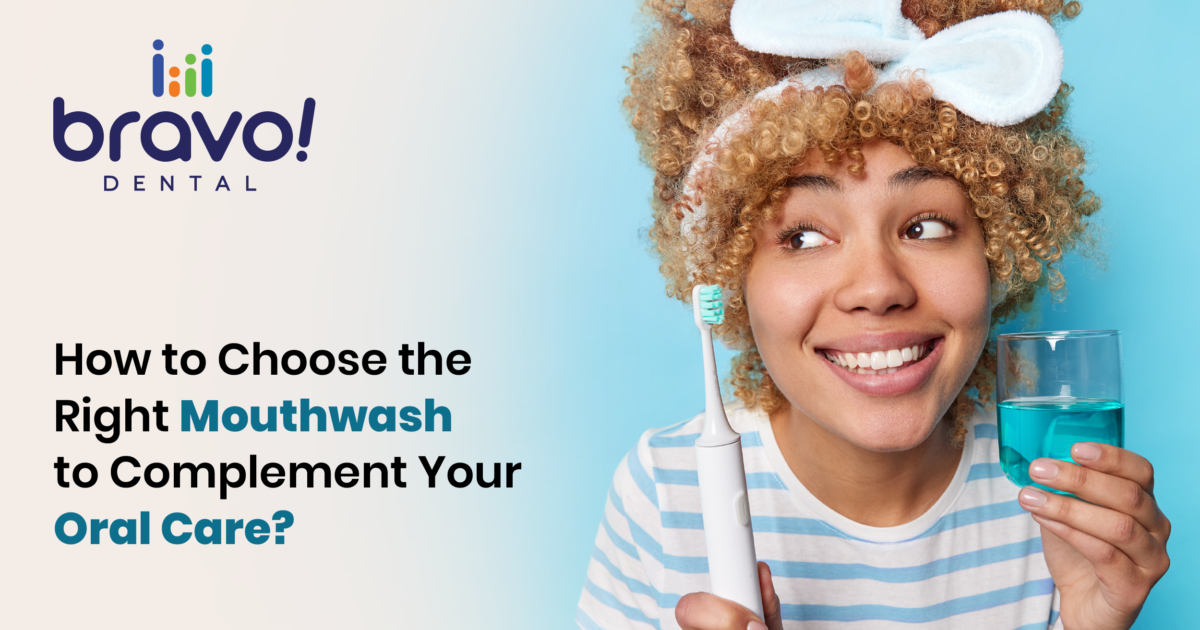Athletes put their bodies through intense physical activity, constantly striving for peak performance. However, oral health is an often-overlooked aspect of overall fitness. The National Library of Medicine states that athletes are at a higher risk for dental problems. In this blog, we’ll explore some essential oral care tips for athletes to keep their teeth and gums in top shape.
1. Stay Hydrated
Athletes tend to experience dry mouth due to heavy physical activity and frequent breathing through the mouth. This can reduce saliva production, essential for neutralizing acids and keeping the mouth clean.
Tip:
Drink water frequently. Staying hydrated during and after physical activity is key to keeping saliva levels balanced and preventing dry mouth.
2. Avoid Sports Drinks and Energy Gels
Sports drinks and energy gels may give athletes a quick boost, but they can be harmful to dental health due to their high sugar content and acidity.
Tips:
Opt for water whenever possible. Rinse your mouth after consuming sports drinks or gels. This helps wash away sugars and acids that can erode enamel.
Chew sugar-free gum post-exercise to increase saliva production, which can help neutralize acids and cleanse your mouth.
3. Use Mouthguards
Contact sports like football, hockey, and basketball come with a risk of dental injuries such as chipped, broken, or knocked-out teeth. A custom-fitted mouthguard can provide crucial protection.
Tip:
Always wear a dentist recommended mouthguard for maximum protection and comfort. Over time, mouthguards may lose their effectiveness, so check regularly for wear and tear.
4. Avoid High-Carb Snacks
Many athletes consume frequent, carb-rich snacks like energy bars or dried fruit to maintain energy levels. However, these snacks can stick to teeth, promoting bacteria growth and plaque buildup.
Tips:
Rinse or brush after consuming sticky or high-carb foods. Rinsing mouth prevents food particles from lingering in your mouth, reducing the risk of cavities.
Opt for teeth-friendly snacks like apples, carrots, and celery which naturally cleanse the teeth while providing nutrition.
5. Prioritize Regular Dental Checkups
Athletes should see a dentist regularly to ensure their training regimen or diet does not compromise their oral health. A professional cleaning and examination can detect early signs of problems like enamel erosion or gum disease.
Tips:
Even if you maintain a good oral care routine, schedule dental visits twice a year to ensure long-term dental health.
Consider fluoride treatments. Fluoride helps strengthen enamel and can benefit athletes prone to enamel wear.
6. Maintain an Oral Hygiene Routine
Consistency is key when it comes to oral care. Athletes, especially those with demanding schedules, must make time for a proper daily dental hygiene routine.
Tips:
Brush twice daily with fluoride toothpaste to strengthen enamel and prevent decay.
Flossing daily removes debris and plaque between teeth, areas that brushing can’t reach.
Use fluoride or antibacterial mouthwash that can offer added protection against decay and gum disease.
Conclusion
Athletes are in a unique position when it comes to oral care. Don’t forget to safeguard your smiles while performing at your best. Regular dental checkups will further ensure dental problems do not sideline them. Book your appointment with our experts today at Bravo! Dental before your big game.


